Deepavali 2025: Remembering a legacy
Dikshitar is the only composer from the South that has spent five years of his life in Banaras, the spiritual capital of India.
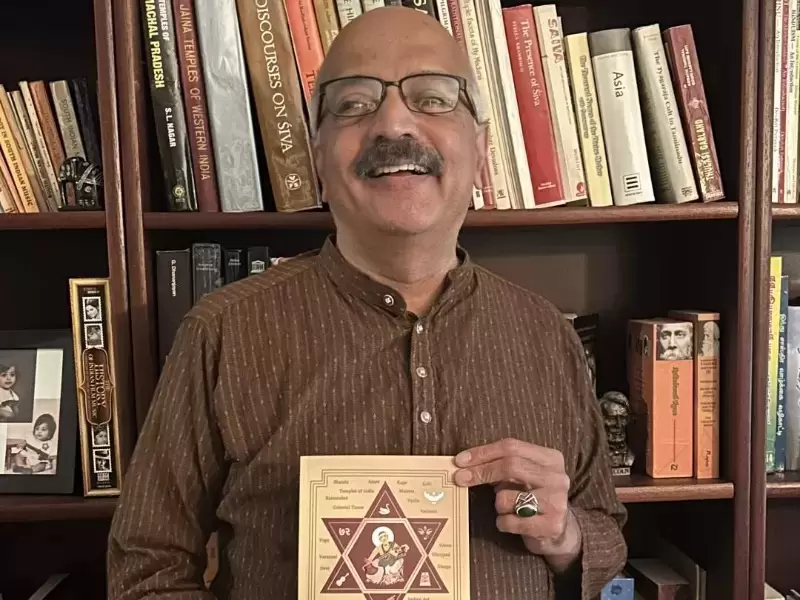 Dr Kanniks Kannikeswaran is the author of ‘Anubhuti - Experiencing Muthusvami Dikshitar'. / Dr Kanniks Kannikeswaran
Dr Kanniks Kannikeswaran is the author of ‘Anubhuti - Experiencing Muthusvami Dikshitar'. / Dr Kanniks Kannikeswaran
The Indian diaspora celebrates Deepavali in varied ways. It is known only to a few that Deepavali marks the death anniversary of one of India’s greatest composers Muthusvami Dikshitar. And the year 2025 being the 250th year of his birth is a landmark year indeed.
This towering figure of Indian Art Music, offers not merely a historical curiosity but a powerful paradigm of innovation, intellectual depth, and cultural documentation that speaks directly to our contemporary world. And, Deepavali, the day that marks his death anniversary, is the perfect time to reflect on this master.
While his contemporaries, such as the widely celebrated Tyagaraja, enjoy broad recognition, Dikshitar's genius, though perhaps less universally known outside of Karnatic music circles, presents a wealth of insights. Born in 1775, his life spanned a transformative era of early British colonization, a period he meticulously documented through his multimedia creations that seamlessly integrated music, prosody, and storytelling. His compositions, primarily in Sanskrit, stand as a unique and invaluable "travelogue" of India's sacred geography, weaving together pan-Indian traditions with local lore, complex philosophical ideas, and a stunning range of melodies.
Dikshitar is the only composer from the South that has spent five years of his life in Banaras, the spiritual capital of India.
What makes Dikshitar so remarkably relevant to us in 2025? Firstly, his unparalleled syncretism. In an age where cultural blending is both a reality and a goal, Dikshitar's ability to effortlessly fuse diverse textual undertones and musical influences within his work serves as a masterclass. He was not confined by convention; his "Nottusvara Sahityas," for instance, brilliantly set Sanskrit lyrics to colonial tunes, demonstrating an extraordinary openness to new possibilities in storytelling in his own idiom. This spirit of integration, of finding harmony in disparate elements, is a powerful message for a world striving for unity amidst diversity – a message that resonates deeply with our own experiences of bridging cultures.
Secondly, Dikshitar was a profound innovator. He fearlessly experimented with musical forms, creating the bipartite kriti with its dramatic "madhyamakala sahitya" sections that double the tempo while maintaining the rhythmic cycle. He explored regional prosodical features in his lyrics, showcasing a deep understanding of linguistic nuances. In a year where technological advancements constantly push boundaries, Dikshitar reminds us that true innovation often lies in a deep understanding of tradition, coupled with the courage to transcend its perceived limits. His creations offer a roadmap for how to honor heritage while simultaneously forging new artistic paths – a balance we often seek in our own lives.
Furthermore, Dikshitar’s compositions are far more than just musical pieces; they are rich historical and philosophical texts. Hidden beneath their elegant alliterative texts and sublime melodies are vivid descriptions of temples, deities, iconography, ancient narratives, and local traditions. They explore esoteric tantric traditions, the Upanishadic vision of the Universe, and the impermanence of human life. In an era saturated with information, Dikshitar's work encourages us to delve deeper, to seek out the layers of meaning and the intricate tapestry of knowledge woven into artistic expression. He was, in essence, a historian, a travel blogger, a poet, a civilizational votary and perhaps the first voice of decoloniality—all rolled into one—long before these terms were conceived. For us, his work provides a vital connection to the rich cultural and intellectual heritage we carry with us.
As we celebrate the 250th anniversary of his birth, it is imperative that we, as a global society and as members of the Indian diaspora, recognize and experience Dikshitar's monumental contribution. His music offers not just aesthetic pleasure but also a profound intellectual and cultural journey. In 2025, Dikshitar stands as a beacon, reminding us of the enduring power of art to document history, foster innovation, and bridge cultural divides – a true visionary whose message resonates now more than ever, especially for those of us navigating multiple cultural identities.
Dr Kanniks Kannikeswaran is an internationally recognized musician and composer based in the United States, who draws on decades of research and practice. He is the author of ‘Anubhuti - Experiencing Muthusvami Dikshitar’, the first book to be published on Dikshitar during his 250th year.
(The views and opinions expressed in this article are those of the author and do not necessarily reflect the official policy or position of New India Abroad)
ADVERTISEMENT
ADVERTISEMENT
E Paper
Video



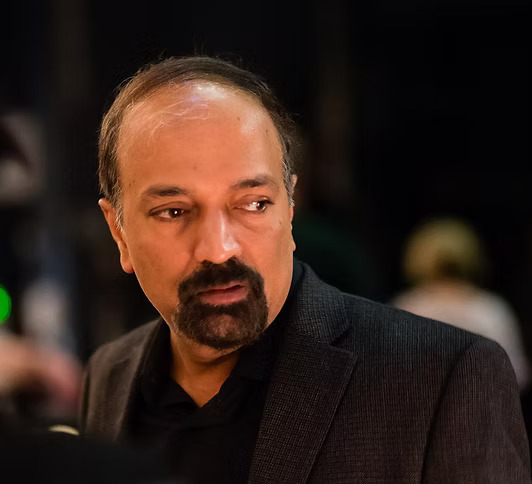 Dr Kanniks Kannikeswaran
Dr Kanniks Kannikeswaran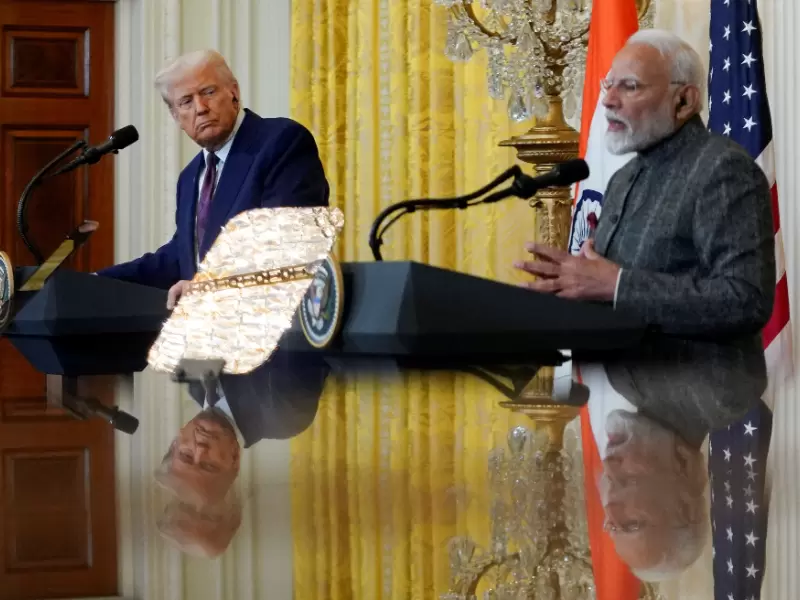
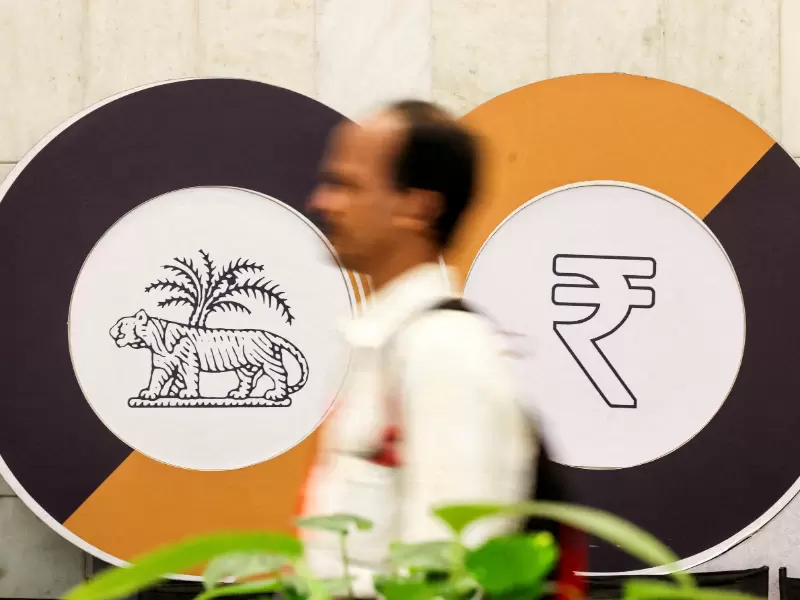
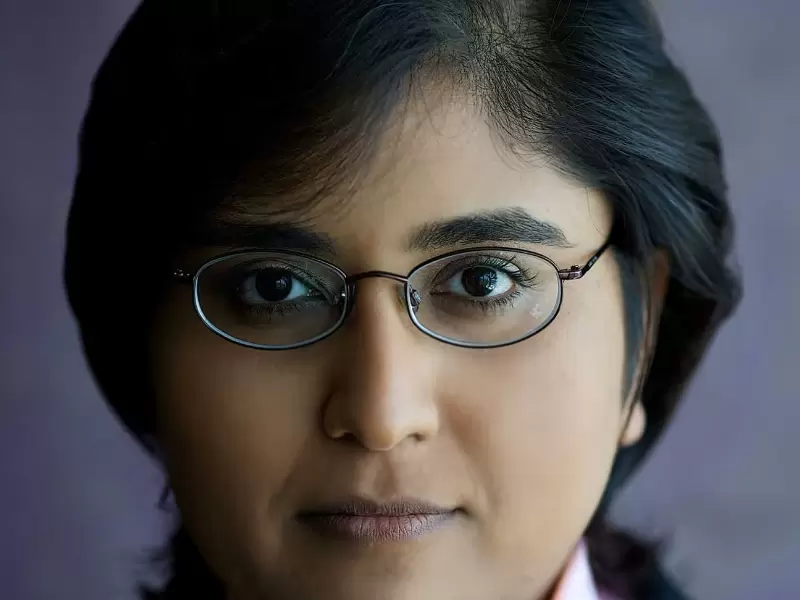
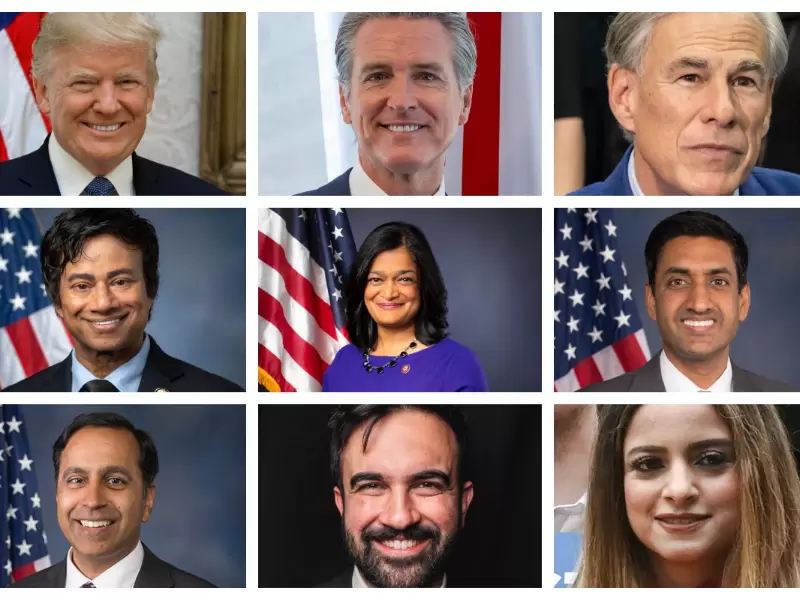




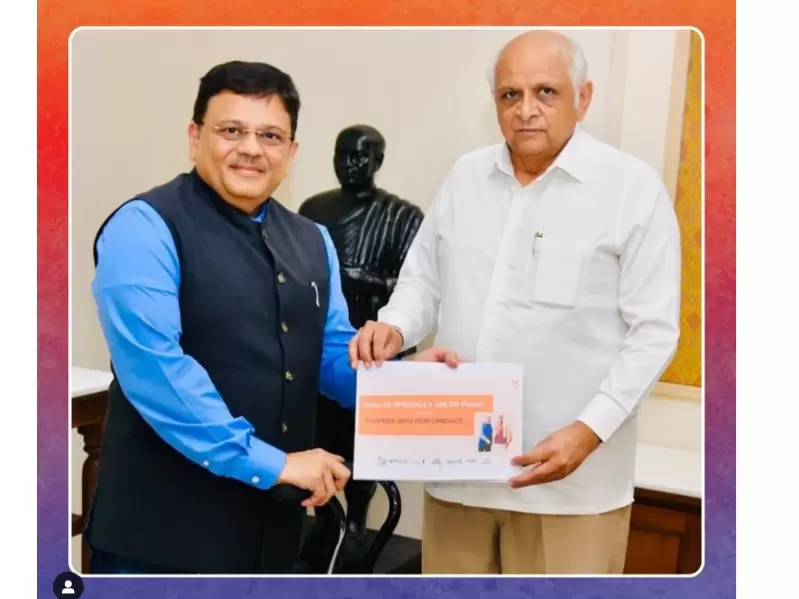
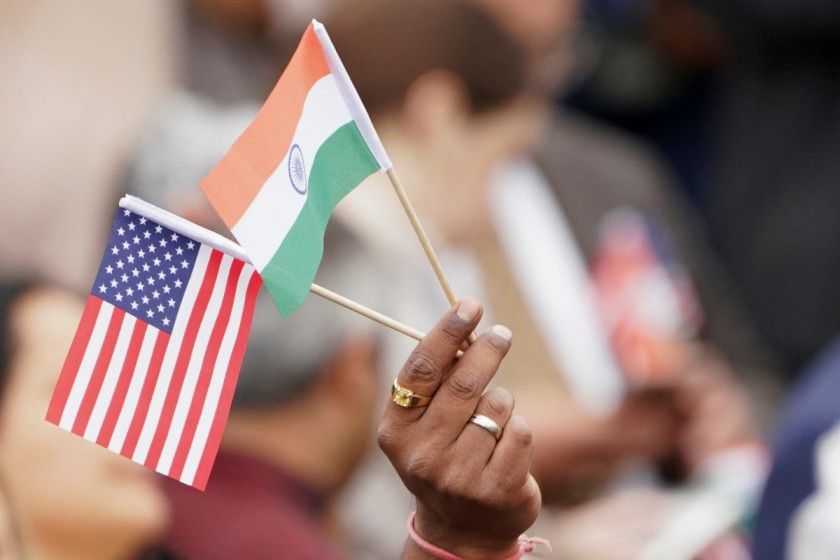





Comments
Start the conversation
Become a member of New India Abroad to start commenting.
Sign Up Now
Already have an account? Login